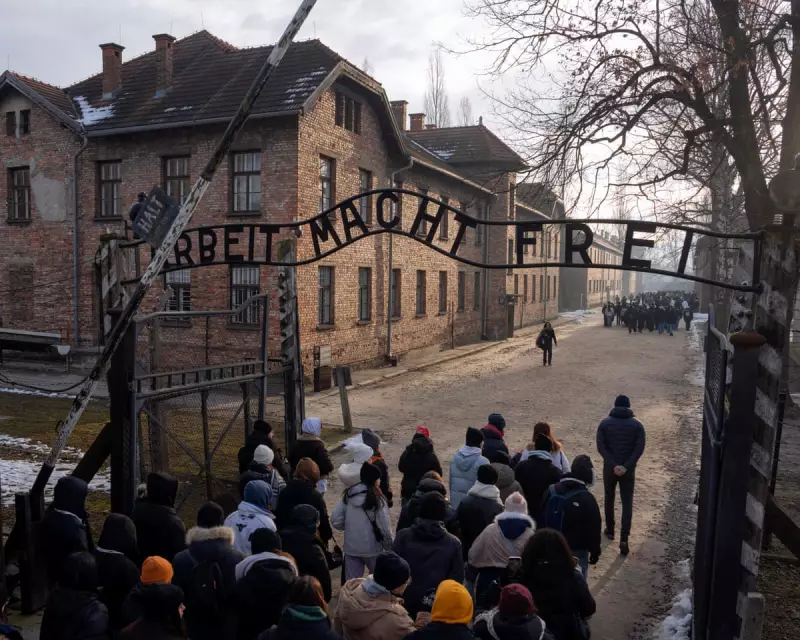
Acclaimed German photographer Juergen Teller has ignited a fiery debate in the art world with his forthcoming book documenting Auschwitz. The project, which features Teller's signature raw aesthetic applied to the concentration camp's remains, has divided opinion among historians, artists, and Holocaust memorial organisations.
The Controversy Unpacked
Supporters argue Teller's unflinching approach forces viewers to confront the brutal reality of the Holocaust in fresh ways. "His images strip away the comfortable distance of historical photography," contends art critic Miriam Rosenblatt. "We're forced to see Auschwitz as it exists today - not through the sepia tones of history, but in the harsh light of contemporary awareness."
Critics Voice Concerns
Opponents, including several Holocaust survivor groups, question whether Teller's artistic vision serves the memory of victims or merely exploits their suffering for artistic capital. "There's a fine line between memorialisation and sensationalism," warns Dr. Aaron Feldman of the Holocaust Educational Trust. "When art becomes about the artist's vision rather than the victims' stories, we risk losing the essential humanity at the core of remembrance."
Teller's Artistic Approach
The photographer, known for his work with fashion brands and celebrities, employed his characteristic stark style - using natural light and minimal post-processing. This results in images that feel unsettlingly immediate, with crumbling barracks and rusted railway tracks rendered in vivid detail.
The Bigger Questions
The controversy raises fundamental questions about Holocaust representation:
- How should contemporary artists approach historical trauma?
- Does artistic interpretation help or hinder historical understanding?
- Where should the boundaries of artistic freedom lie when dealing with genocide?
As museums and galleries consider exhibiting Teller's work, the debate promises to intensify. The book's publication next month will likely fuel further discussion about art's role in confronting humanity's darkest chapters.





